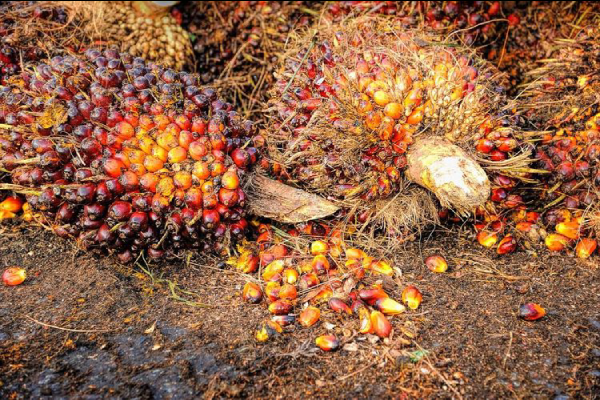Beginning on January 1, Indonesia will allow less shipments of palm oil abroad for each tonne sold domestically.
The action is intended to guarantee a sufficient domestic supply of the good.
Less than the present ratio of eight times, exporters will now be permitted to ship six times their domestic sales volume.
The decision was made, according to Septia Hario Setio, a senior official at the Coordinating Ministry for Maritime and Investment Affairs, “to secure domestic supplies, especially for the first quarter of 2023.”
According to Seto, the ratio will be evaluated on a regular basis taking into account the domestic environment, including the cost and availability of cooking oil.
Indonesia imposed export restrictions on palm oil products earlier this year in response to rising cooking oil costs.
In a meeting with the government last week, Eddy Martono, Secretary General of the Indonesian Palm Oil Association (GAPKI), stated that there were still concerns regarding cooking oil availability due to the government’s biodiesel program and projections of decreased palm oil output in the first quarter.
“Indonesia intends to raise the obligatory palm oil component to 35% beginning February 1.
“While firms would abide by the legislation, the new export ratio should be examined on a frequent basis in the short term,” he said.





